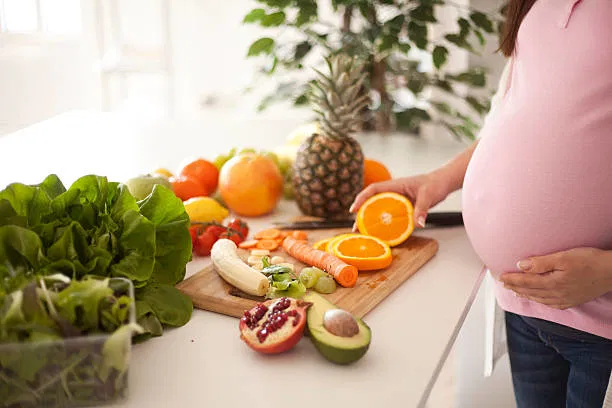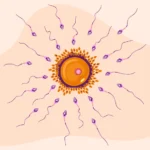Pregnancy brings many changes to the body, and for some women, that includes how their bodies react to certain foods. Food allergies during pregnancy can present unique challenges, affecting maternal health and fetal development. Understanding potential triggers, symptoms, and safe management strategies is key to keeping both mother and baby healthy. Here’s more information on what you need to know about food allergies in pregnancy:
Maternal Awareness of Food Allergies
A food allergy differs from food intolerance in key ways. Food allergies trigger an immune system response that can affect multiple body systems. Food intolerance typically causes digestive symptoms without involving the immune system. During pregnancy, distinguishing between these conditions becomes fundamental for proper management.
Pregnancy hormones can modify allergic reactions in unpredictable ways. Some women experience reduced allergy symptoms due to immune system changes, while others may find their reactions become more intense. The increased blood volume and changes in metabolism during pregnancy can also impact how quickly allergens are processed through the body.
Severe allergic reactions, known as anaphylaxis, pose particular risks during pregnancy. These reactions can reduce blood flow to the placenta, potentially affecting the baby’s oxygen supply. Pregnant women with a history of anaphylactic reactions need specialized medical care and emergency action plans.
Sensitive Allergens to Monitor Closely
Eight foods account for the majority of allergic reactions during pregnancy and require careful attention. These include:
- Milk: A common allergen, it often appears in processed foods under various names.
- Eggs: Another frequent allergen, found in many baked goods and other prepared foods.
- Peanuts: Known for causing severe reactions, they are a hidden ingredient in many processed foods.
- Tree Nuts: Like peanuts, they can cause significant allergic responses and are often present in unexpected foods.
- Fish: While providing key omega-3 fatty acids for fetal brain development, fish allergies necessitate alternative nutrient sources.
- Shellfish: Another source of omega-3s, but highly allergenic for some individuals.
- Wheat: Managing this allergy can be challenging during pregnancy, as whole grains are recommended for optimal nutrition.
- Soybeans: A prevalent ingredient in many food products, requiring vigilance to avoid.
Addressing allergies to these foods during pregnancy requires careful label reading and collaboration with healthcare providers to make sure both mother and baby receive adequate nutrition while avoiding allergens.
Safe and Healthy Allergy Management
Creating a comprehensive management plan starts with accurate allergy testing and diagnosis. Pregnant women should work with allergists who understand how pregnancy affects allergic reactions. Skin tests and blood tests can help identify specific allergens, though some testing may be modified during pregnancy.
Emergency medications remain a key component of allergy management during pregnancy. Epinephrine auto-injectors are safe to use during pregnancy when needed for severe reactions. Antihistamines may also be helpful for mild reactions, but pregnant women should discuss which medications are safest with their healthcare providers. Reading food labels becomes fundamental during pregnancy. Pregnant women should take label warnings seriously and avoid foods that pose potential cross-contamination risks.
Preventive Measures for Infant Health
Current research shows that avoiding allergenic foods during pregnancy does not prevent food allergies in children. The American Academy of Pediatrics and other medical organizations no longer recommend dietary restrictions during pregnancy for allergy prevention. Maintaining a nutritionally balanced diet is more helpful for fetal development. Women with existing allergies should not attempt to introduce their allergens during pregnancy without medical supervision. The risks of severe reactions outweigh potential benefits.
Learn More About Food Allergies
Managing food allergies during pregnancy requires a partnership between patients and healthcare providers. Women with allergic reactions to food should work closely with their obstetricians and allergists to develop safe and comprehensive care plans. Regular monitoring and updated emergency plans help make sure mother and baby stay healthy. If you have food allergies and are planning pregnancy or are currently pregnant, schedule a consultation with an allergist to learn more about food allergies in pregnancy.


